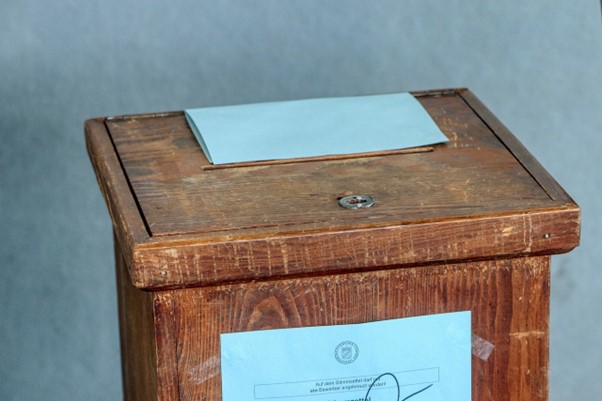Gadea Mantilla v. Nicaragua. Merits, Reparations, and Costs, Series C No. 543, Inter-American Court of Human Rights, 16 October 2024

The IACtHR identified a direct link between the lack of electoral integrity and the violation of the applicant’s rights. In particular, the Court held that the decisions of the Supreme Court of Justice, which authorized President Ortega’s candidacy for a third term despite the existing constitutional prohibition, had a significant impact on the fairness of the electoral process. This was compounded by serious irregularities in the composition of the Supreme Electoral Council and other electoral bodies, amounting to undue interference by the executive branch in the formation of such bodies and creating a structural advantage for one candidate. The Court also pointed to the partiality of electoral bodies and the absence of clear legal rules, which generated a climate of legal uncertainty.
Special emphasis was placed on the interpretation of Articles 23(1) and 24 of the American Convention, which protect, respectively, the rights to political participation and the principle of equality before the law. The IACtHR noted that Article 23(1) does not merely recognize formal rights, but also imposes a positive obligation on States to ensure effective conditions for their exercise. This includes adopting measures to guarantee equal opportunities in access to public office. Within this framework, the principle of equality enshrined in Articles 23(1)(c) and 24 translates into an obligation to ensure a fair electoral process that does not unduly favor any candidate.
The Court clarified that the regular exercise of the rights protected under Article 23 requires periodic and genuine elections, based on universal and secret suffrage, which ensure the free expression of the will of the electorate (para. 81). Although the Convention does not prescribe a specific electoral model, it establishes minimum standards within which States must operate, based on the principles of representative democracy and interpreted in line with the OAS Charter and the Inter-American Democratic Charter (para. 85). Among these obligations is the duty to safeguard the integrity of electoral processes, including the prevention of abusive use of State resources to favor a candidate or political group.
The Court also recalled the dual nature of the right under Article 23(1), which protects not only the individual’s right to run for and be elected to public office, but also the collective right of voters to participate in a free and genuine electoral process (para. 117). In assessing the legitimacy of the ban on re-election, the Court referred to its Advisory Opinion OC-28/21, in which it held that a prohibition on indefinite presidential re-election is compatible with the American Convention (para. 92), further stressing that no international human rights instrument recognizes an autonomous right to re-election to the office of President (para. 93).
(Comment by Bernardo Mageste Castelar Campos)

